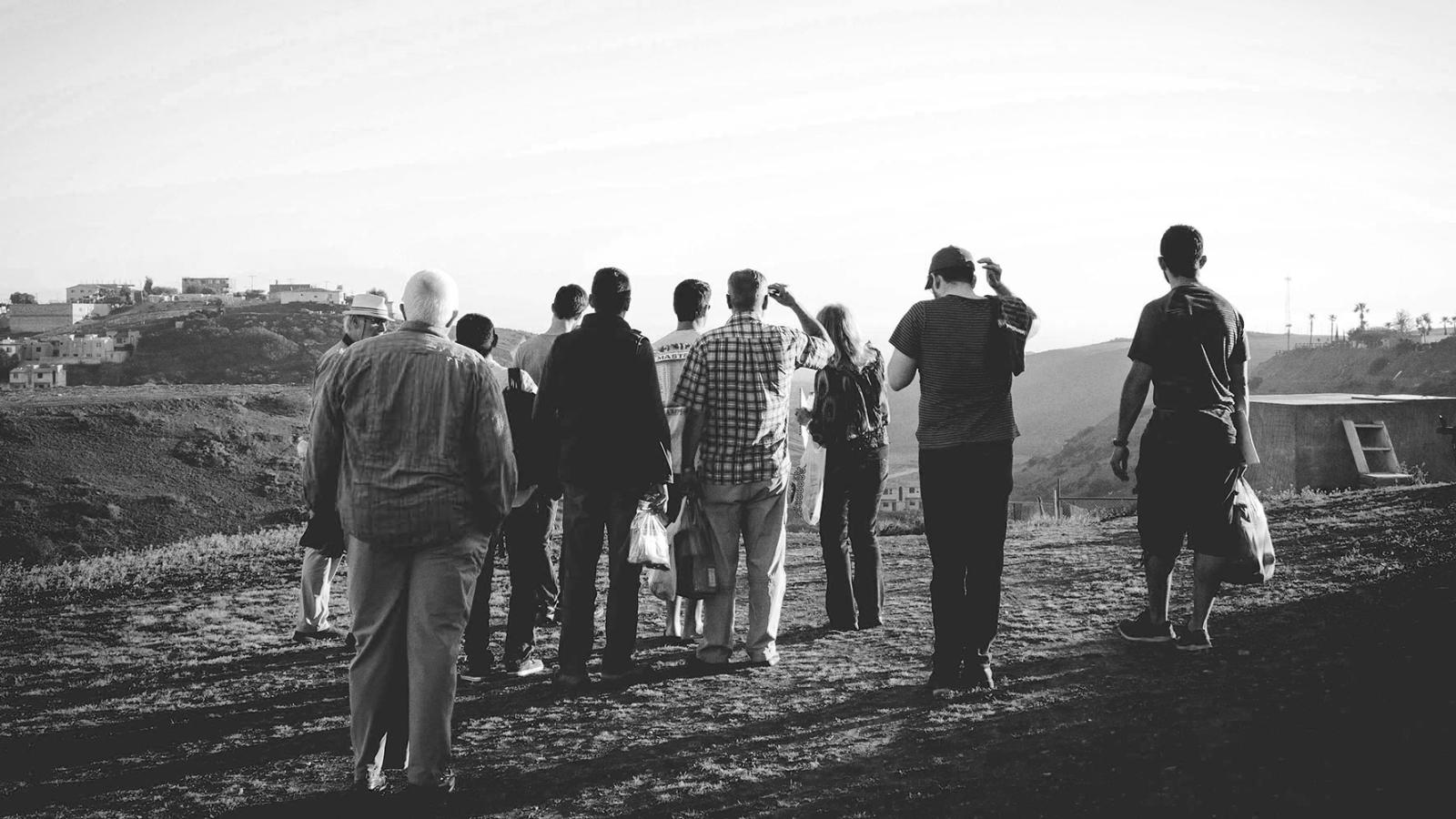EMI generally plans project trips in three terms: Term 1 – Feb-May, Term 2 – Jun-Aug, and Term 3 – Sep-Nov.
Project trips are often the initial design consultation with the partner ministry and as such might be limited to an assessment of an existing property, or develop a master plan and concept design of the initial phase of the ministry’s overall plan.
Each EMI project trip is led by an EMI Project Leader, a design professional on the full-time staff of the EMI team which is operating the project. Most of EMI’s worldwide teams lead project trips, and the project post will indicate which EMI team is operating that project.
In addition to volunteers, EMI project trips are commonly attended by one or more EMI design professional interns. Interns support the project fieldwork and also project production work during their EMI internship after the trip. Certain project trips may be attended by other design staff from EMI to assist the project team during and after the trip.
On each team, EMI also seeks to include volunteer professionals who are from the country or region where the project is located. These Local Design Professionals help guide and inform the team’s design work so that it is appropriate to the locality.
Prior to the trip, the EMI Project Leader will facilitate team introductions and send a packet of information specific to the trip, as well as a final trip itinerary. It is common for EMI team members to be meeting and working together for the first time on a project trip. Because of this, each trip begins with an opening meeting, which is a time for the team to get to know each other, share how God came into their life and brought them to EMI. Likewise, at the end of the trip, a team closing meeting gives each team member space to debrief and share what God has showed them during the trip. The EMI project trip experience centers around both these aspects: Using design skills to help people and communities as well as experiencing God through team-member testimonies and the work of the partner ministry.
Time spent on site for a project is critical. The main tasks are to understand the vision of the ministry and to gather all the relevant site information. Architects will work with the ministry to develop a programme/brief for master planning and building design. Surveyors will do all site measurements and create a topographical survey while on the site. Engineers will gather information on current water / wastewater / structural systems so as to advise the ministry on how to improve systems in place and what should be used for new buildings. There will be multiple review meetings to check that the design is going in a direction the partner ministry is comfortable with. This consultation typically concludes with a presentation of the design work for the partner ministry.
Typical items to finish during the project trip:
- Site Survey Map
- Site Masterplan
- Architectural Floor Plan – Sketch Only
- Architectural Master Plan – Sketch Only
- Architectural Elevation – Sketch Only
- Water Daily Demand
- Water Storage Method and Amount Required
- Anticipated Sewage Load and Disposal Method
- Hand Auger Bores / Percolation Tests
- Site Schematic for Water / Sewage / Rainwater / Etc. Services
- Structural System / Materials to be used
- List of Anticipated Drawings
After returning home, the volunteers will continue to work on their portion of the report and drawings until the design package is complete and ready to be published for the partner ministry.
Select your professional discipline below to learn how you could be involved on an EMI project trip.
Don’t see your discipline? Ask us about it at info@emiworld.org.
Don’t think you have the experience needed to fulfill the lead volunteer spot in your discipline on a trip?
Go ahead and express interest in the trip, making note of your experience level. Many EMI trips take on lead and assistant volunteers in the same discipline. And EMI’s discipleship focus means that our more experienced, veteran volunteer professionals are looking for opportunities to mentor and train other professionals.

